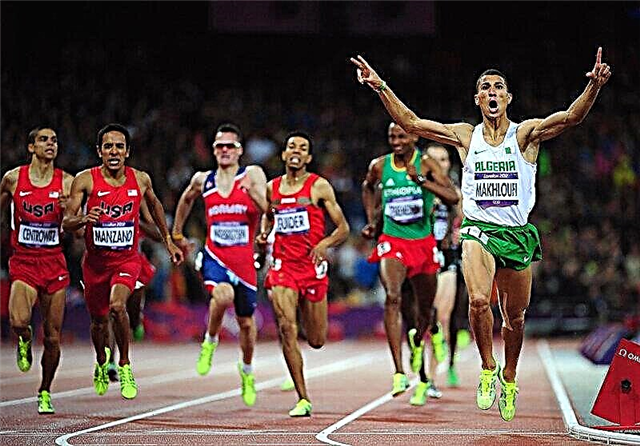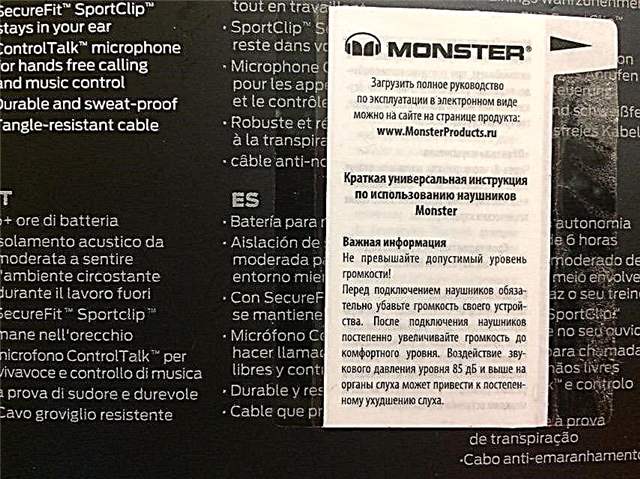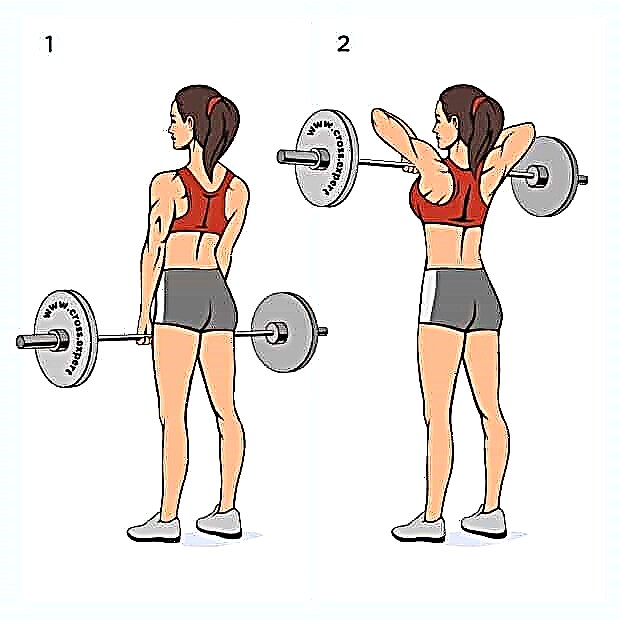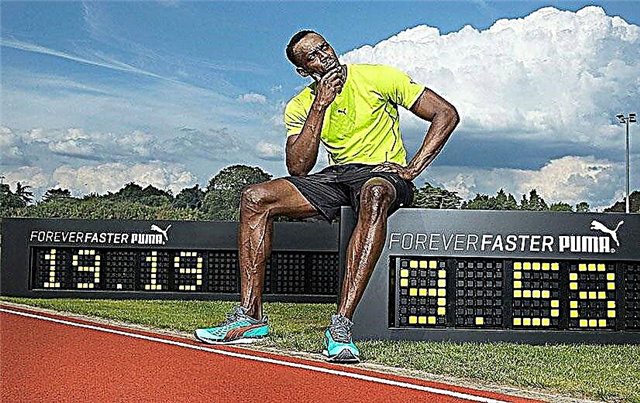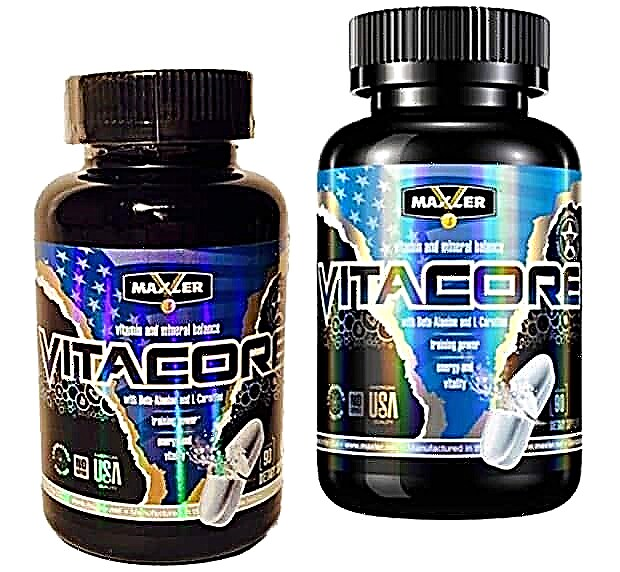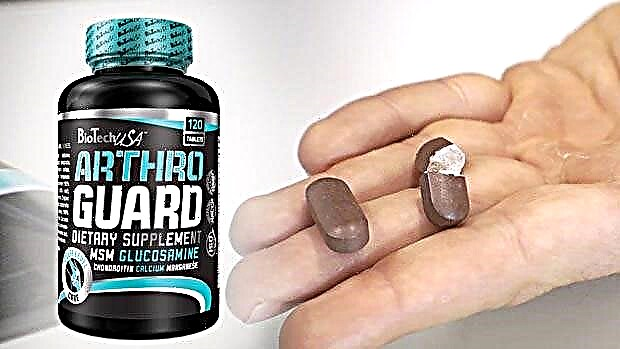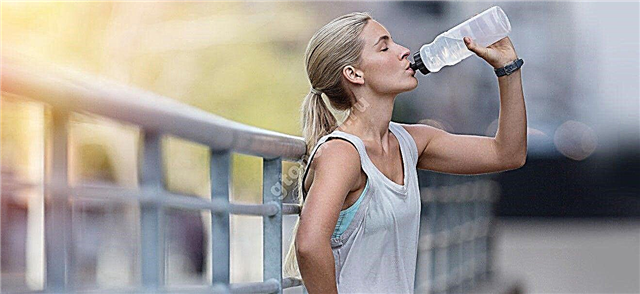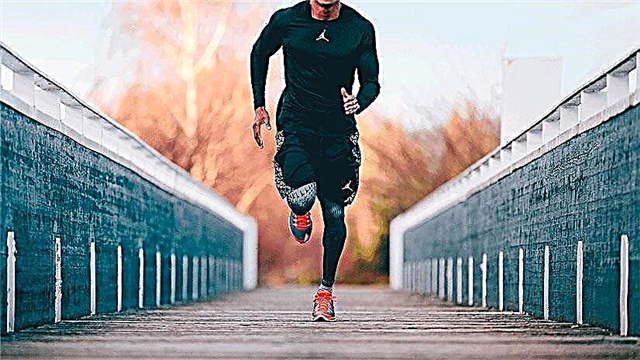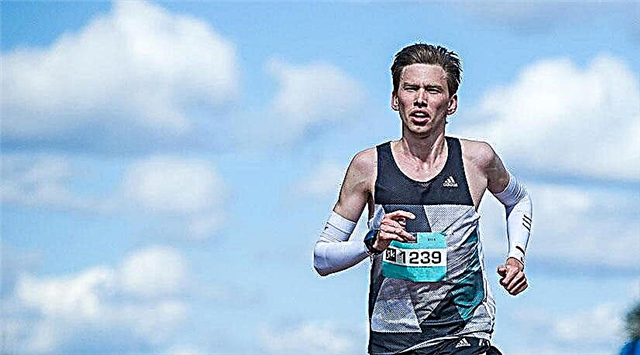We are almost 60% water, and our muscles are almost 80%. The main source of energy for us is glycogen, and it occupies almost ¾ of water. If our body does not have enough water, then the absorption of carbohydrates and proteins will be significantly hampered, which will quickly affect the condition of the muscles.

On average, a person should drink about 1.5-2 liters of water per day, someone needs more. This is exactly how much water our body loses during the day. This is not always noticeable, but in fact, fluid loss is associated not only with increased sweating. Water evaporates during respiration, through the intestines, and during kidney function.
Those who go in for sports have to recover the loss of fluid in large volumes. So its lack and dehydration can lead to serious health problems.
Why is it important to drink while running?
If an athlete overcomes distances from 5 to 10 km, then it is not at all necessary to drink while jogging. And you can restore water balance after training.
But if a marathon runner runs longer distances, he needs to drink at regular intervals, without waiting for the moment when he feels strong thirst.
How to measure fluid loss?

To find out how much an athlete has lost fluid during the entire workout, it is necessary to do several correct weighings. The very first measurements must be taken before the start. It is advisable that measurements are taken without sportswear and shoes. Then you need to weigh yourself after running, while shoes and clothes also need to be removed, since sweat can get very wet and affect the control figure.
Also important indicators are weather conditions, namely the level of humidity, air temperature, wind speed. The runner's speed also counts. It measures how much the athlete drank during stops, and also records the approximate fluid loss if the runner stopped for natural needs.
Running time is also important.
Thus, you can calculate how much liquid you need to drink under certain conditions. And if a long-distance marathon is planned, then the runner can simply look at the weather forecast and compare it with the indicators of his diary. In this case, he will already know exactly how much water he needs to drink while running.
For convenience, all data can be entered into a table in a separate notebook. Then it will be convenient to compare them and prepare for the competition.
How to understand that the fluid intake is not enough?

Finding out if you are drinking enough water is more convenient at any time other than training. The most accurate indicator is the color of the urine. Ideally, it should be light straw color. If it is darker, then you need to drink more water during the day.
How much should you drink while running?

On average, in 15-20 minutes, a runner loses up to 350 ml of fluid. Therefore, having calculated the approximate rush for which the athlete will cover the distance, you can find out how much water he will need during training.
But if, according to the results of weighing, it was found that the difference in indicators before and after is 1 kg, and while running, for example, the runner drank 0.5 liters, then it turns out that the loss of fluid is not replenished, and you need to drink a little more.
What to drink while running?

There are a number of different ways to replenish fluid loss throughout your workout. You can drink purified water, isotonic drinks or specially prepared drinks.
Water
If an athlete runs long distances and the training time takes up to 2.5 hours, then he can drink water to replenish the loss of moisture. But at the same time, so that the water in the stomach does not interfere with him, it is advisable to drink 200 ml of pure water every 20 minutes. In this case, it will be well absorbed and not overflow the stomach.
Isotonic
These are special drinks that contain sugar and salt. All this is mixed in proportions that are most suitable for their concentration in our body. It is recommended to drink them during marathons lasting more than 3 hours, as well as after races. They perfectly restore the water-salt balance and preserve the ratio of all microelements.
You can buy them at any sports store.
Making your own drink
To replenish the water-salt balance, you can prepare isotonic yourself.
If you need extra energy for your workout, you can add some sugar to the water. This is especially helpful for those who do not want to drink plain water. In very hot weather, much more sweat is lost. And if you feel very salty sweat while running, you will need saltier drinks to retain the salt and reduce sweating.
- Thus, you can add a little salt to the water and use it during the marathon.
- They also prepare honey water. To do this, dilute 2 tbsp in 1 liter of clean water. l. honey.
- You can add lemon juice.
- Another option, to get a healthy drink, is to buy regular mineral water and release all gases from it.
Tips and Feedback from Runners and Marathon Runners on Drinking

I have been running for a long time and participating in marathons. The races are long, so you always have to carry water with you. I took a backpack, carried bottles in my hands - it was not very convenient. Now I put on a special belt where I can fix a 1-2 liter bottle.
If I run long distances, then I take sweet water with me. I do it myself. For 1.5 liters of clean water I add 8 tbsp. Sahara. I tried to drink unsweetened, but if I run more than 2.5 hours, then the body definitely likes liquids with sugar more. Mineral water works best after the race.
Vladimir
I've been a runner for almost 40 years. I started with small distances and gradually moved on to marathons. In recent years, I have been training only to maintain my health. I have met many advisers on the Internet who say that drinking water is absolutely forbidden. So I can say for sure that drinking water is not only possible, but also necessary. Firstly, this way all recovery processes will go faster. This can be felt the very next day. The body will recover about 50% faster.
In the heat, we just need water. More sweat is released, and the skin begins to actively cool, the fluid is lost many times faster. Therefore, do not become very thirsty and drink. You cannot break the rhythm of breathing if you drink 150-200 ml. This is a good example of marathon runners and tennis players. On jogging up to 30 minutes, you can drink after. Nothing bad will happen to the body during this time. But if the distance is already more than 15 km, then drink every 20 minutes. There is no one proven running fluid recipe. To each his own. Once in a 5 km race I drank only mineral sparkling water and it was fine for me.
But at a distance of 30 km, it seemed very nasty. If the marathon has tables with glasses, then it is better to try to run as close to them as possible. And you will drink and save a little time. Equipment plays an important role. Don't wear a lot of clothes, even if your goal is to lose weight quickly. There was also an experience when after a corporate party I tried to run and cleanse the body. And for this he also dressed not for the weather warmer. The distance of 6 km seemed very long, and the state of health was not the best. I had to drink a lot of water afterwards and still lie in the lake for a long time to come to my senses and cool down.
Anatoly
I am definitely in favor of drinking while running. This is how we protect our body from dehydration. And it can be accompanied by unpleasant headaches, nausea and weakness in the body. Drinking fluids helps the body maintain the proper temperature and keeps it from overheating. Also, maintaining water balance helps us keep our heart rate at a lower level.
I know for sure that those who drink while running have a lower heart rate. And due to this, the athlete becomes more enduring and able to run more. But by my example, I can say that I always try to add sugar or honey, so after training I get tired less. I don't drink a lot at once, about 2-3 sips. The larger doses did not suit me at all, the feeling was that the stomach was too full and was beginning to vomit.
Gregory
To drink or not to drink, I think, depends on what the workout is designed for. For morning jogging, 1-2 glasses of water drunk already at home are quite useful. But if the goal is to run up to 100 km a week, then you should definitely drink on time. But again, a little.
Don't wait until you're thirsty. This is already a signal that a lot of fluid has been lost. I drink about 0.8 liters of regular water per hour. I haven't run for more than 2 hours at a distance. You may already need special drinks there.
Vladislav

